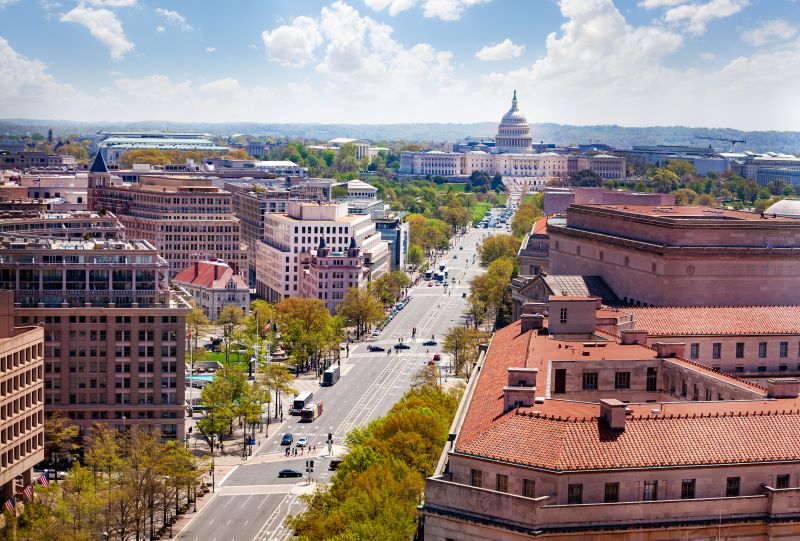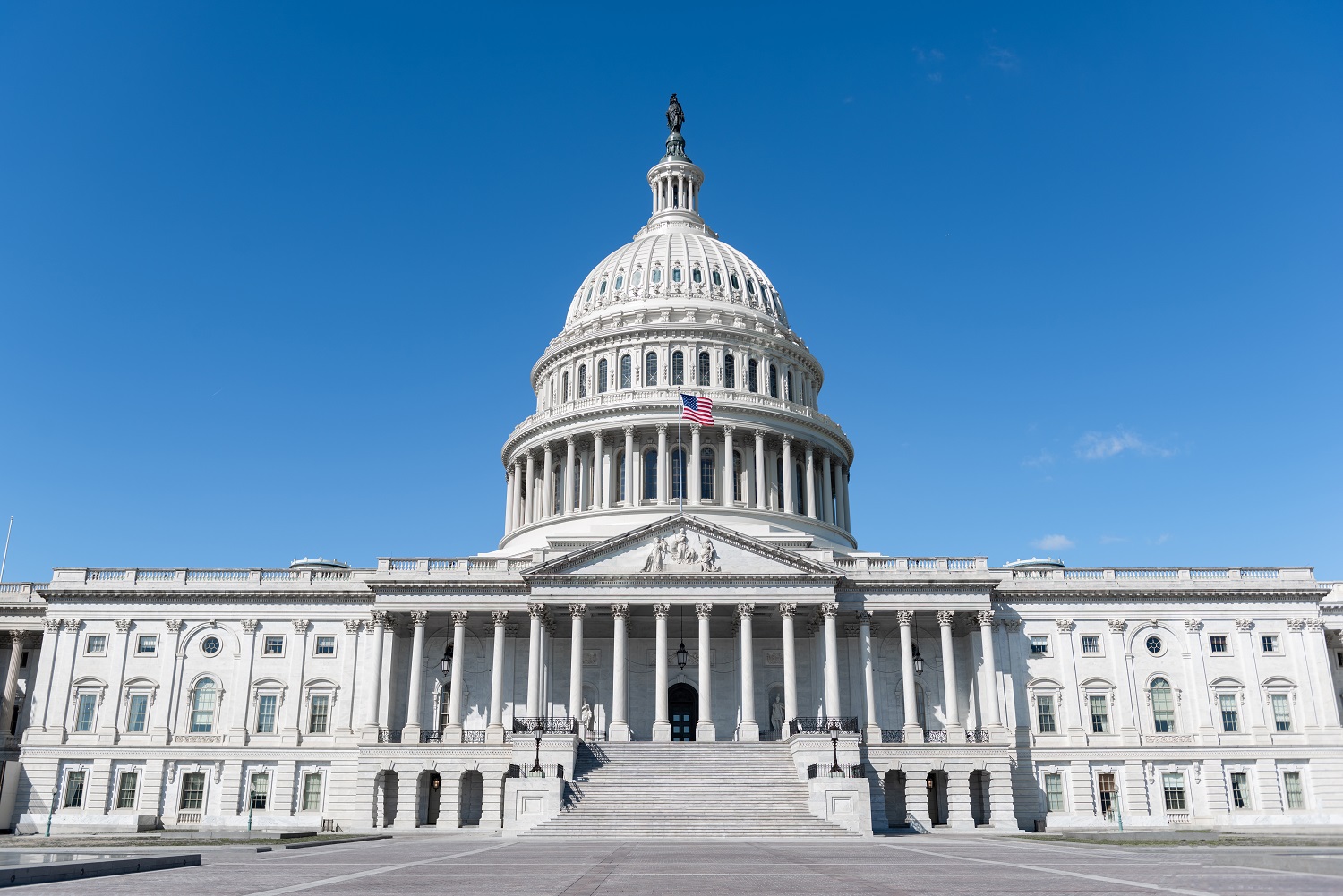The Trump administration’s first budget deals a harsh blow to the international affairs budget. With a topline reduction of 32 percent, few programs avoid cuts. One that fares relatively well, however, is the Millennium Challenge Corporation (MCC). Though the $800 million request is the lowest in the agency’s 15-year history, and—if enacted—would be its lowest-ever appropriation, it represents a cut of just 12 percent over last year’s enacted level. Compared to the 25 percent (and greater) reductions to global health and other mainstay development-focused accounts, MCC’s 12-percent trim is about as good an outcome as can be expected.
|
|
|
|
|
|
|
|
|
|
|
|
|
|
Requested |
$3,000 |
$2,225 |
$1,425 |
$1,280 |
$1,125 |
$898 |
$898 |
$1,000 |
$1,250 |
$1,000 |
$800 |
|
Appropriated |
$1,486 |
$875 |
$1,105 |
$898 |
$898 |
$853 |
$898 |
$900 |
$901 |
$905 |
The budget request for MCC is not terribly surprising given historically solid Republican support for the President George W. Bush initiative that rewards good governance, emphasizes mutual accountability, and promotes private sector-led growth. Indeed, some conservative camps have sought to elevate MCC to be the US government’s lead foreign aid agency, a proposal that—while commendably based on a spirit of aid effectiveness—would be both impractical and counterproductive. In fact, a relatively small cut to MCC’s budget is almost certainly a better outcome for the agency than a massive increase.
That said, the cut, if enacted, will impact MCC programming. I’ve never subscribed to the “bigger is better” theory for MCC. Indeed, program quality, including the likelihood that interventions will efficiently address constraints to growth, and—ultimately—program results are more important than dollars spent. Investments must also be sized to be implementable by the partner country within MCC’s fixed five-year window. Nevertheless, there is a risk that budget constraints will force MCC to leave good projects on the table. What’s more, there’s some sense that an investment must be “big enough” to get the necessary attention from a partner country government to implement the program and make the accompanying policy and institutional reforms that are fundamental to achieving the desired results. The extent to which this may be a problem is difficult to project, however; it is tough to know, for any given partner country government, the “right” level of funding to attract sufficient commitment to the program.
Beyond the bottom line, one of the most encouraging pieces of the administration’s request for MCC is the proposed legislative change that would give MCC concurrent compact authority. This authority would allow MCC to pursue regionally focused investments and to better target important cross-border constraints to growth. Though MCC often invests in projects that have an inherent regional component (like infrastructure or energy), the agency hasn’t been able to coordinate programming across borders well because neighboring countries are rarely at the same stage of program design at the same time. With concurrent compact authority, MCC could pursue a regionally focused program with neighboring countries while simultaneously advancing a bilateral program with one or more participating countries on a separate timeline. This smart idea isn’t new. MCC has put it forth as a legislative priority since its FY16 request—and it’s gotten some traction on the Hill (see here, here, here, and a provision here). But it is helpful to have official endorsement from the new administration.
All in all, in a budget year that contains little good news for US foreign aid, non-decimated funding and the inclusion of a provision that would enable the agency to expand its impact sum up to a quiet vote of confidence for MCC.
Disclaimer
CGD blog posts reflect the views of the authors, drawing on prior research and experience in their areas of expertise. CGD is a nonpartisan, independent organization and does not take institutional positions.





